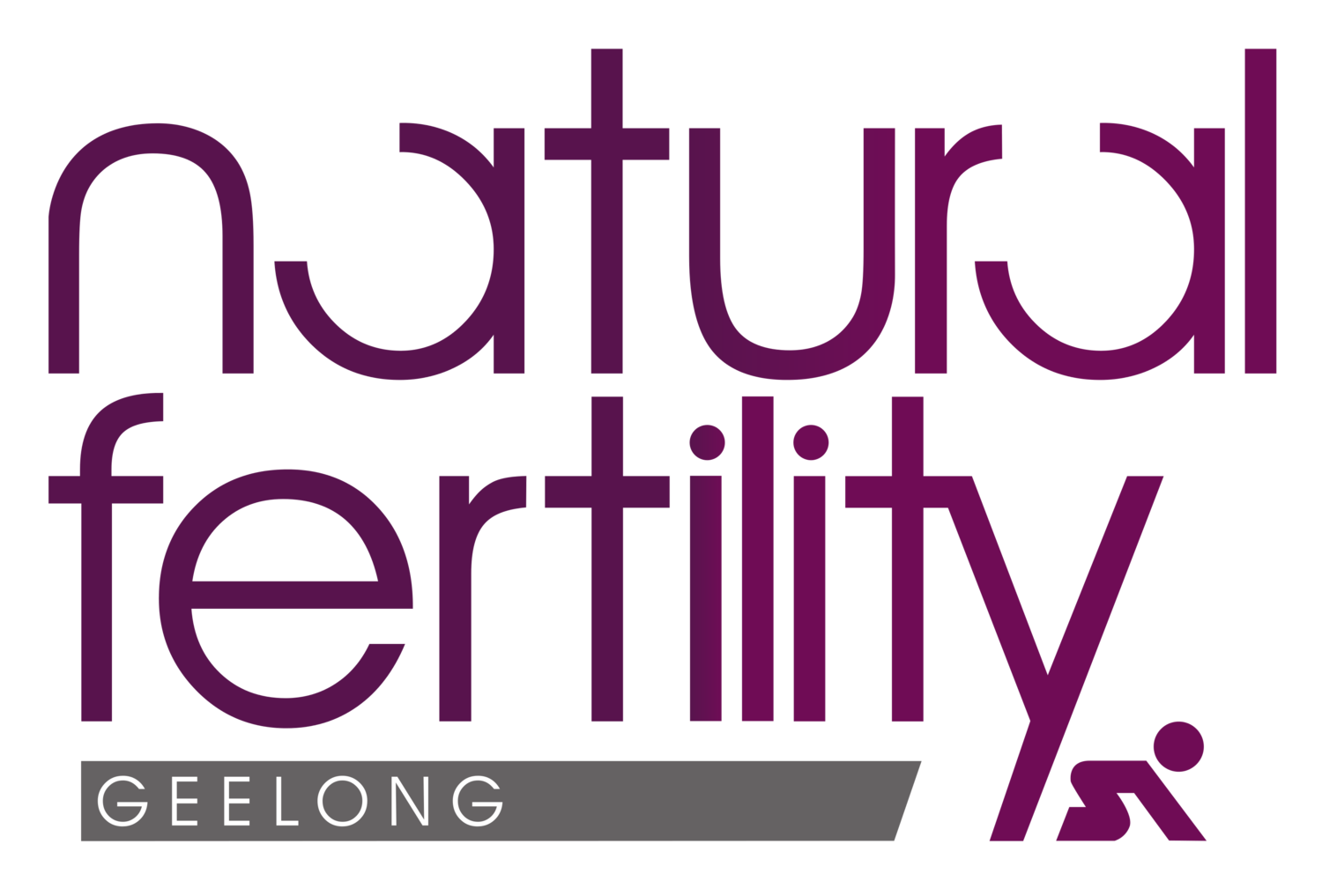5 Steps To Improve Fertility If You Have PCOS
A diagnosis of polycystic ovarian syndrome can often leave women with many questions. One in particular, will I have trouble falling pregnant?
While it may be more difficult to conceive, it is important to know that women with PCOS have the same number of children (with or without intervention) as women without PCOS.
Polycystic ovarian syndrome (PCOS) is a hormonal condition. Its main symptoms include irregular ovulation, irregular periods, increased androgen activity, insulin resistance and weight gain.
It is predicted that PCOS affects between 12 – 18 % of women of reproductive age and it is believed that up to 70% of these women go undiagnosed (1).
Although the exact mechanisms of PCOS are not fully known, it is believed that there may be genetic links.
PCOS is strongly influenced by lifestyle factors. Before seeking help from a fertility specialist, here are some natural ways you can improve your symptoms:
1. Acupuncture and Chinese medicine
In Chinese medicine we look at all aspects of your health. With PCOS we want to assess where there is imbalance and restore your body back to a natural state of harmony. Acupuncture has shown to improve PCOS symptoms by:
increasing blood flow to the ovaries to regulate ovulation (2)
regulate blood sugar levels to assist in sugar cravings (3)
A study at Goteborg university showed that electro-acupuncture may help some women with PCOS to ovulate (4).
We use herbal medicine that is individually tailored to support your acupuncture treatments and your health goals.
2. Diet changes
Higher insulin levels can mean that women with PCOS have high blood sugar levels. Changing to a low GI diet that is also rich in good fats, and anti-inflammatory foods is recommended. Foods to avoid include dairy, gluten, and soy. We want to avoid inflammation and any foods that can interfere with your hormones.
We highly recommend implementing help from a nutritionist or dietician who can guide you on a plan that is specific to your needs.
3. Weight management
Studies have shown that losing just 10% of your body weight can result in normal ovulation in PCOS for those who are carrying extra weight (5).
4. Exercise
Regular exercise is a great way to support insulin resistance and reproductive hormones. However, over exercising can also be detrimental. Lots of high intensity training can increase cortisol levels and make you hold onto weight. The best type of exercise for women with PCOS includes short HIIT sessions to improve insulin resistance and regular low intensity activity such as walking, cycling and swimming to decrease cortisol levels. This will also help to reduce inflammation and androgens (the hormone responsible for acne and hair growth!).
5. Supplements
Some of the best supplements for supporting PCOS according to evidence include:
Inositol: It is structurally similar to glucose and has a significant effect on PCOS symptoms. Myo-inositol has particularly been shown to be helpful when trying to conceive with studies showing it can reduce AMH levels and the size of polycystic ovaries better than the pill (2). It has also been shown to improve egg quality and reduce the risk of hyperstimulation in women undergoing fertility treatment (6)(7).
Zinc: is such an important mineral for so many functions in the body. We love it for its antioxidant and enzyme regulating behaviour which can directly support ovulation, acne, weight management, insulin sensitivity and blood glucose levels.
Fish oil: If you have PCOS chronic inflammation will already be a problem. With a decade of research behind it, a good quality fish oil (a combination of EPA and DHA) is an excellent addition to your supplement regime if you aren’t consuming enough fish in your diet.
Probiotics: Often with PCOS there are some big imbalances within the gut. There are a number of high quality studies now showing that certain strains of bacteria are good at relieving some symptoms of PCOS (8)(9). The best way to make sure you are taking the right strain for you is to see a nutritionist or dietician who also specialises in the microbiome.
As always we recommend you invest in good quality brands that have high levels of active ingredients. Seeing a natural health practitioner to help you find the right supplements for your specific needs can be very beneficial in the long run.
Bianca xx
1) https://www.racgp.org.au/afp/2012/october/polycystic-ovary-syndrome
2) https://www.hindawi.com/journals/ije/2016/3206872/
3) Stener-Victorin E, Kokosar M, Maliquei M, Sazonova A, Johan Behre C, Hojlund K, Benrick A, Tivesten A, Ohlsson C, 2015, Repeated Acupuncture Treatments Increases Whole Body Glucose Uptake and Decrease Circulating Testosterone in Women with Polycystic Ovary Syndrome
4) https://www.tandfonline.com/doi/abs/10.1080/j.1600-0412.2000.079003180.x
5) https://academic.oup.com/humrep/article/18/9/1928/708215

